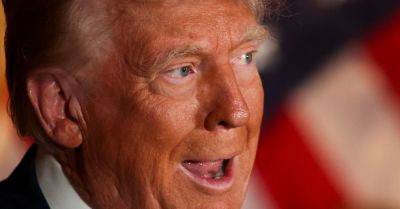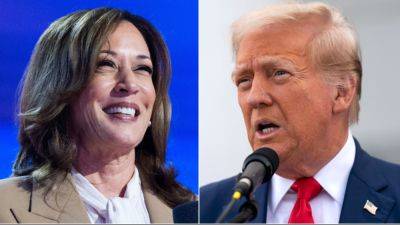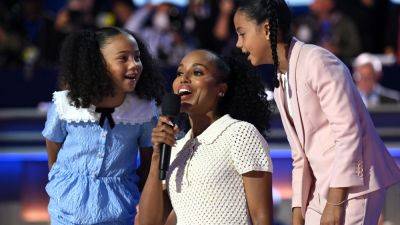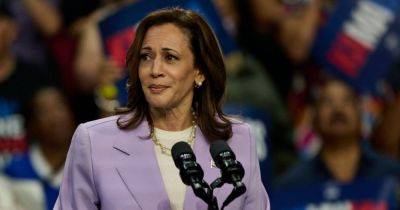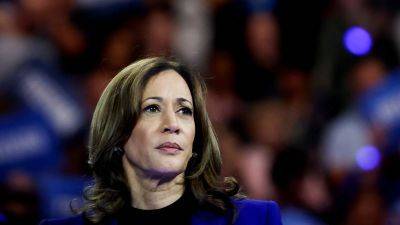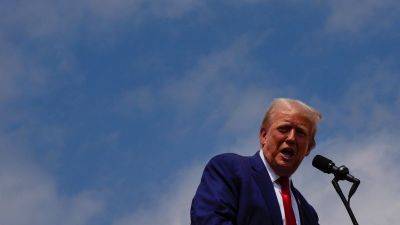‘Run, Kamala, Run’: Mention of Harris’s Father Was a Rare Homage to a Fleeting Figure
”Run, Kamala, run.”
When Dr. Donald J. Harris uttered those words to his young daughter more than 50 years ago, he was encouraging her to whip freely through the parks of Oakland, Calif., not seek the highest elected office in the country. But in her address accepting the nomination as the Democratic presidential nominee, Vice President Kamala Harris said it was these words that helped inspire her.
“From my earliest years, he taught me to be fearless,” Ms. Harris said.
It was a rare homage to her father, a prominent economist but fleeting figure in her life who has largely been a footnote in her personal and political story. The first Black scholar to receive tenure in Stanford University’s economics department, Dr. Harris remains a professor emeritus there, and turned 86 the day after his daughter gave the most important speech of her life at the Democratic National Convention. He was not among the family members who accompanied Ms. Harris to the convention.
Her relationship with her father is a closely guarded part of Ms. Harris’s life about which she has spoken only sparingly. Her 2019 memoir, “The Truths We Hold,” referenced him only a handful of times. But in presenting herself as a nominee who understands the American dream through the complex lenses of personal, familial and social struggles, Ms. Harris tapped into the totality of the experiences that forged her.
That included when her parents divorced — or, as she would write in her memoir, “they stopped being kind to each other”— when she was in elementary school.
“My father remained a part of our lives,” Ms. Harris wrote. “We would see him on weekends and spend summers with him in Palo Alto. But it was my mother who took charge of our upbringing. She was the one most


